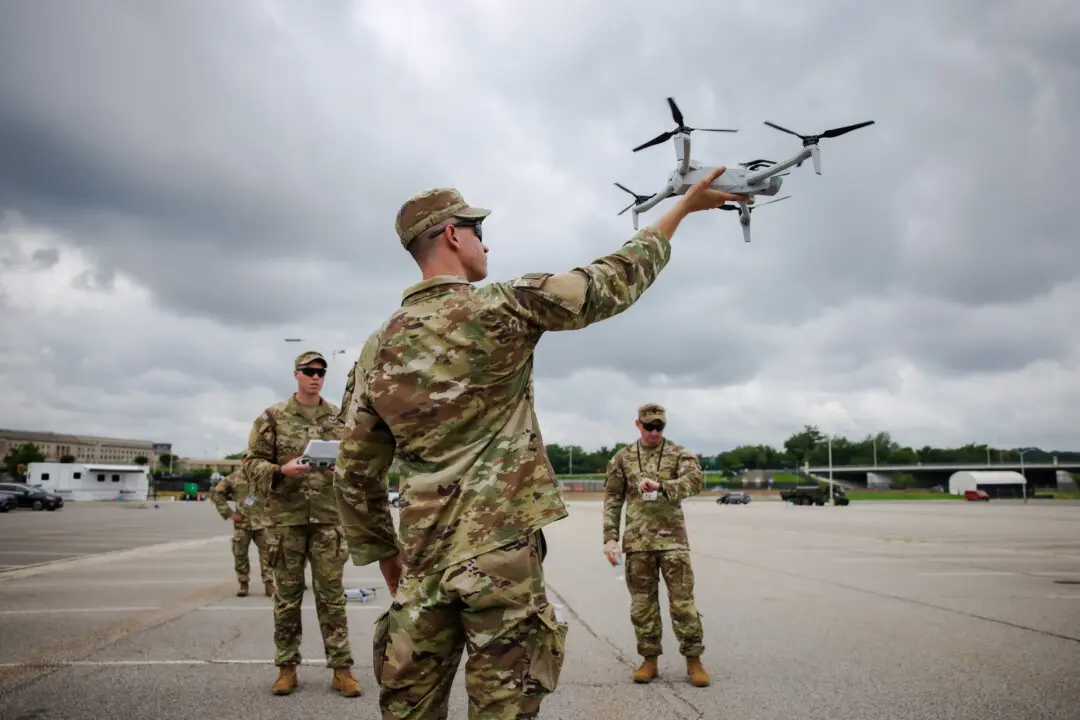In the rolling green hills of Hendersonville, North Carolina, an organic farm has created a therapeutic refuge for veterans as mental health, addiction, and disability remain among the top challenges for American servicemembers.
Mental health issues such as post-traumatic stress disorder (PTSD), depression, and suicide have been an uphill battle for veterans and active duty military for decades. Last year, they topped the list of reasons for hospitalization of active duty servicemembers, according to a report from the Military Health System.





